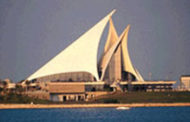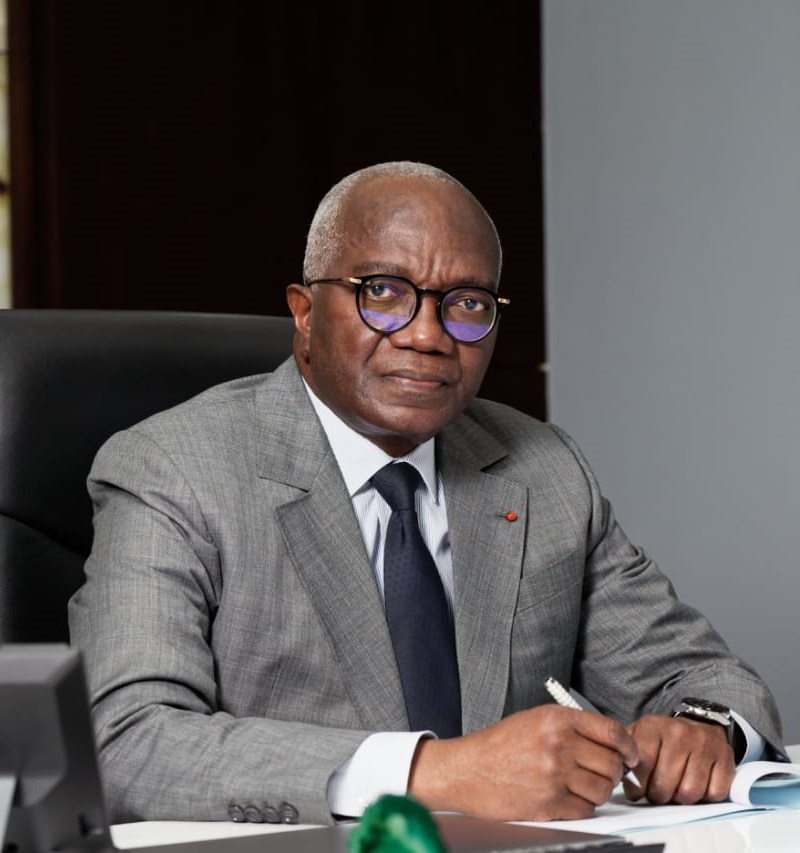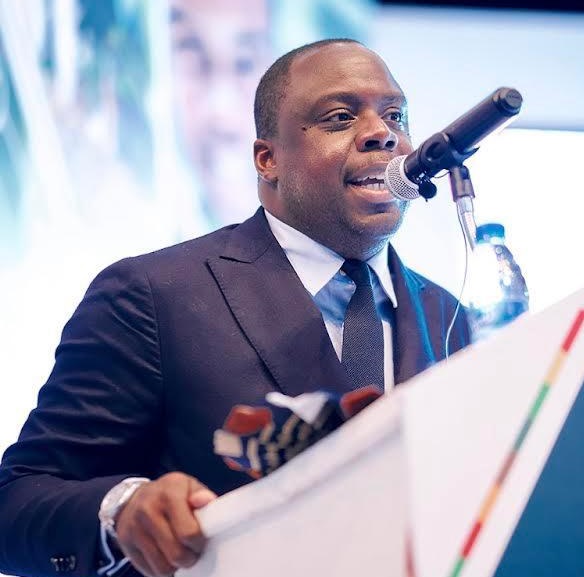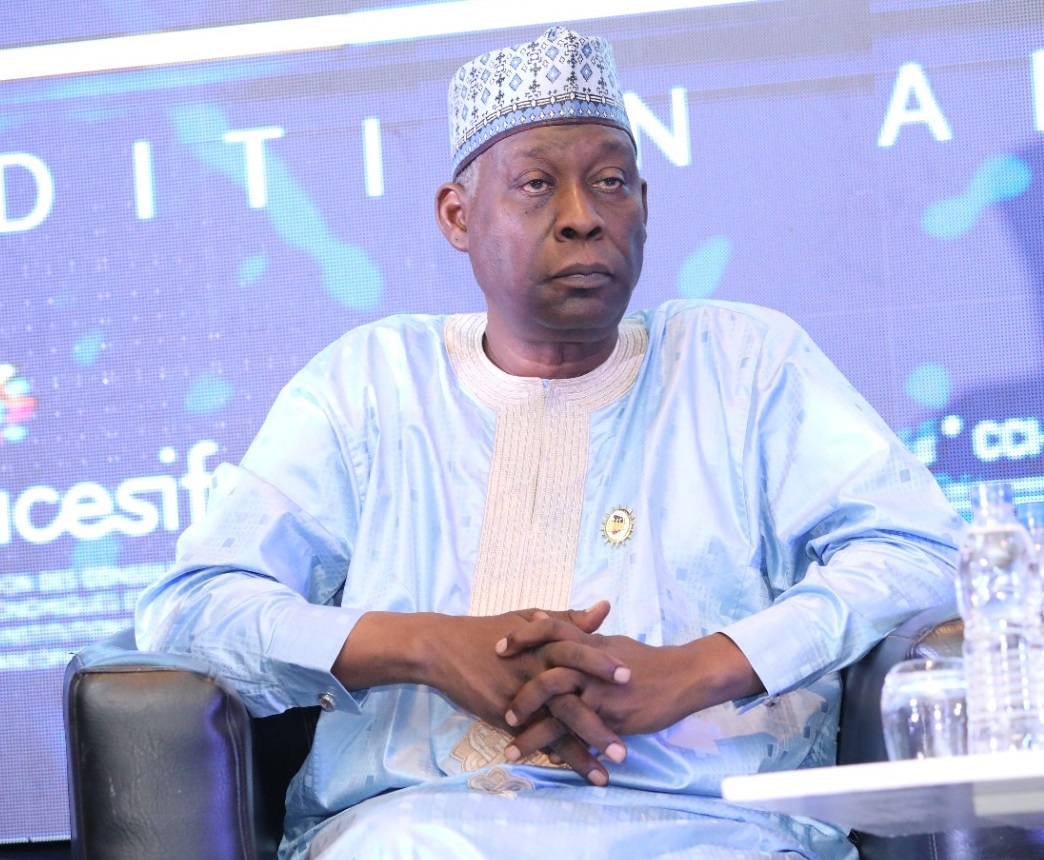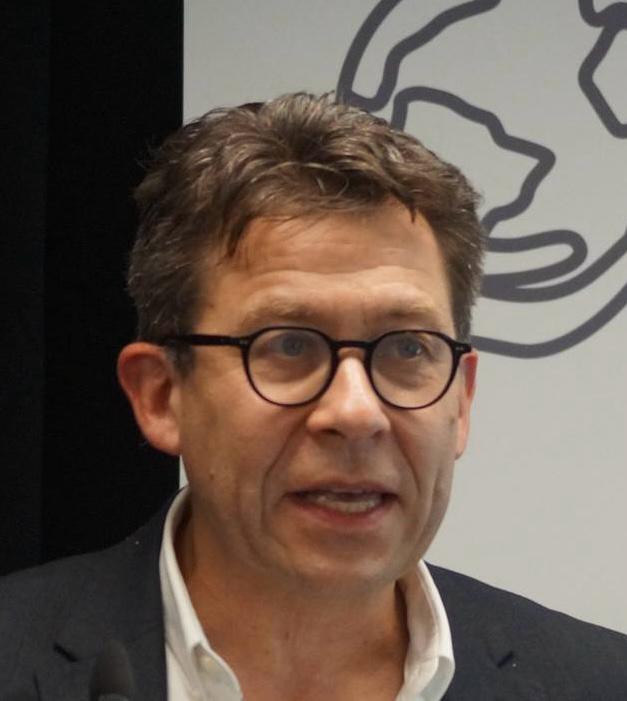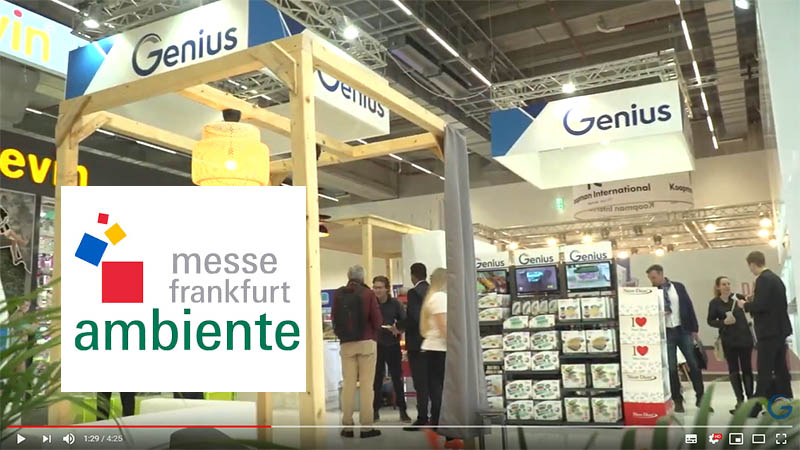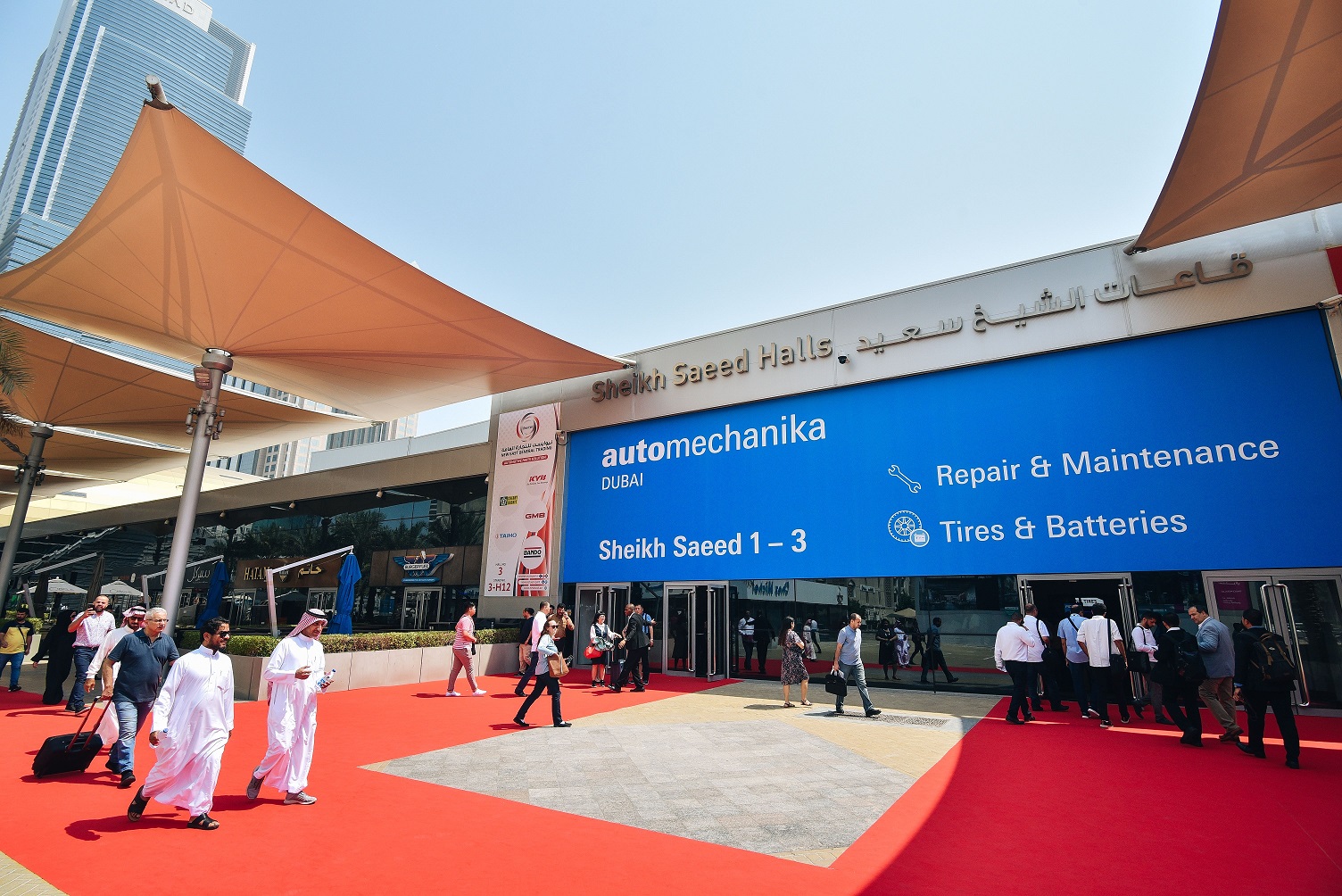Battery manufacturers in East Africa want their governments to protect them and consumers from what they are calling a Chinese onslaught. This follows the recent collapse of East Africa’s biggest battery maker, Kenya-based Associated Battery Manufacturers (ABM), attributed by industry players to cheap imports from China. The manufacturers, Associated Battery Manufacturers, Uganda Battery Manufacturers, Tanzania’s Yuasa Ltd, AIBM and AP Batteries, claim imports from China do not meet the required local standards, and have been known to last as little as a month.
ABM has further warned that the stock of lead, the raw material used in battery manufacturing, in Kenya will only last a few months, after which there will be no locally-made batteries. Consumers will be forced to buy the low quality imports and jobs will be lost as more factories close down. ABM has sent home 100 of its employees as the lead shortage starts to bite. Although Uganda and Tanzania are not as hard hit, if lead exports are not stopped immediately, the two countries could find themselves in a similar crisis such as that facing Kenya. The manufacturers have stepped up a campaign to persuade regional governments to ban the exports. Industry players say Nigeria and Morocco are already in a situation where all batteries are imported from China after the latter bought out all lead battery scrap from them. A large number of African buyers are also buying their requirements for automotive batteries from suppliers, wholesalers of batteries in Dubai.
The manufacturers are being supported in their campaign by their respective revenue authorities, national environmental bodies, trade ministries and, notably, the East African Community.
Recently, ABM sounded the alarm that the sector was running out of its core raw material. Managing director John Kinyanjui says that investigations showed that China had positioned and funded buyers across the country to buy out lead at a higher price than what was offered by local battery manufacturers. He said this was tantamount to sabotaging the operations of local manufacturers.
When China first introduced its batteries into the African market in 2003, the industry was not concerned because though cheaper, they were of low quality. However when after six months the Chinese realised they could not compete with locally made batteries in Nigeria, they resorted to buying all scrap lead to deny local manufacturers the scarce raw material. ABM officials travelled to China hoping to buy the raw material from there, but were denied on the premise of the Basel Convention, which restricts trade in hazardous materials like lead.
Lead is available from recycling old batteries. Only three countries in the world: China, Russia and Australia have lead mines. Due to its scarcity and high demand, the countries do not sell the raw material, but instead prefer to market finished products.
China circumvented this problem through the mass importation of old batteries, especially from the developing world, notably Africa.








